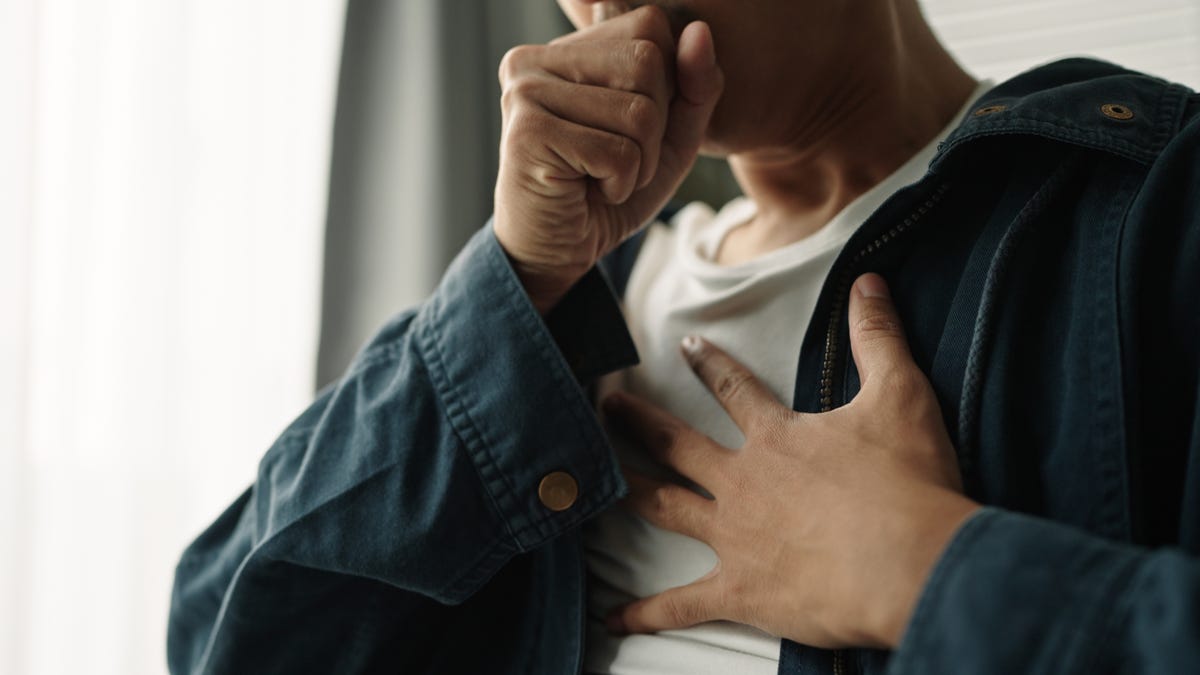In This Story
A new artificial intelligence model being developed by Google GOOGL could make diagnosing tuberculosis (TB) and other respiratory ailments as easy as recording a voice note.
Google is training one of its foundational AI models to listen for signs of disease using sound signals, like coughing, sneezing, and sniffling. This tech, which would work using people’s smartphone microphones, could revolutionize diagnoses for communities where advanced diagnostic tools are difficult to come by.
The tech giant is collaborating with Indian respiratory health care AI startup, Salcit Technologies. The tech, which was introduced earlier this year as Health Acoustic Representations, or HeAR, is what’s known as a bioacoustic foundation model.
HeAR was then trained on 300 million pieces of audio data, including 100 million cough sounds, to learn to pick out patterns in the sounds.
Salcit is then using this AI model, in combination with its own product Swaasa, which uses AI to analyze cough sounds and assess lung health, to help research and improve early detection of TB based solely on cough sounds.
Between three and four million cases of TB go unreported, according to United Nationas-backed non-profit The Stop TB Partnership. If untreated, the mortality rate of TB is higher than 50%.
“Every missed case of tuberculosis is a tragedy; every late diagnosis, a heartbreak,” Sujay Kakarmath, a product manager at Google Research working on HeAR, said in a statement. “Acoustic biomarkers offer the potential to rewrite this narrative.”
The advent of AI has produced new opportunities for early detection and diagnoses of a wide array of illnesses. From spotting signs of chronic illnesses, to pinpointing previously unrecognized types of endometrial cancer, to the early identification of Parkinson’s disease, researchers from around the world have already found classic AI highly useful — and the technology is still in its early stages.
Most recently, UCLA said it is developing a new AI-enhanced test that could help speed up the process for diagnosing Lyme Disease, the university said Monday.

